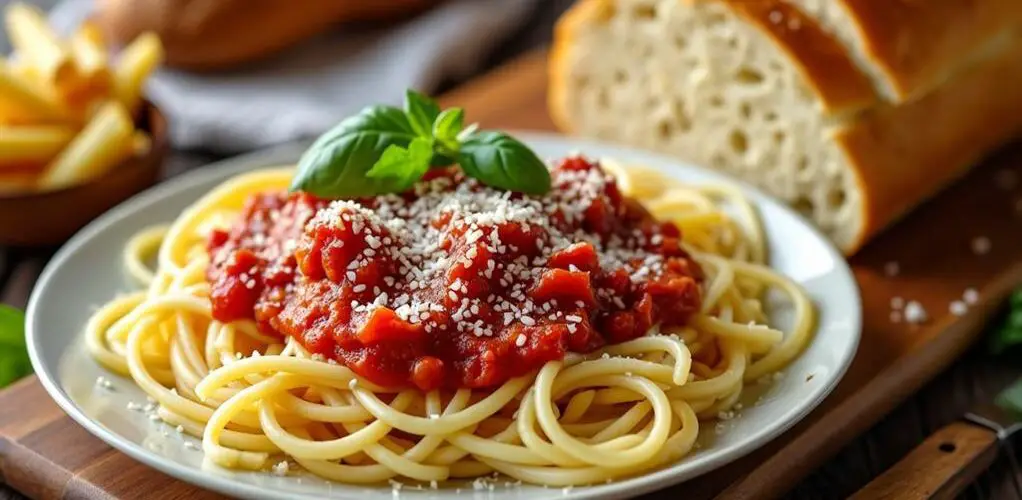
To adhere to a ketogenic diet, it is imperative to avoid high-carbohydrate foods that can disrupt ketosis. These include refined carbohydrates like white bread and pasta, starchy vegetables such as potatoes and corn, and high-carb fruits like bananas and grapes. Additionally, sweeteners and syrups including honey and maple syrup should be excluded. Processed snacks, including potato chips and granola bars, often contain hidden carbs and unhealthy additives. Staying clear of these foods can help maintain ketosis effectively and further your ketogenic goals, with more insights available to fine-tune your approach.
Key Takeaways
- Refined carbohydrates like white bread and pasta are high in carbs and disrupt ketosis.
- Starchy vegetables such as potatoes and corn contain too many carbs for a keto diet.
- High-carb fruits like bananas, grapes, and apples are unsuitable due to their sugar content.
- Sweeteners and syrups, including honey and maple syrup, significantly increase carb intake.
- Processed snacks, such as potato chips and pretzels, usually contain high carbs and unhealthy additives.
Refined Carbohydrates
Refined carbohydrates, pervasive in many diets, are particularly high in carbohydrates and should be avoided on a ketogenic regimen due to their potential to disrupt ketosis. For instance, white bread contains approximately 13g of carbs per slice, making it difficult to stay within the daily carb limits of a keto diet.
Similarly, cooked white pasta provides around 33g of carbohydrates per cup, which can greatly impact carb counting efforts. Additionally, traditional cereals can contain 20-30 grams of carbs per serving, making them unsuitable for those on a keto diet.
White rice, another common refined carbohydrate, has about 26.5g of carbs per half-cup serving, presenting a considerable challenge for those aiming to maintain ketosis. To navigate these obstacles, it is essential to replace these high-carb foods with low carb alternatives. For example, cauliflower rice is an excellent substitute for white rice, providing a similar texture with a fraction of the carbohydrates.
White flour tortillas, containing up to 36g of carbohydrates each, also pose a major risk to ketosis. Instead, consider using low-carb bread made from ingredients like eggs, nuts, or seeds.
Starchy Vegetables
Starchy vegetables, despite their nutritional benefits, pose a significant challenge for those adhering to a ketogenic diet due to their high carbohydrate content.
Potatoes, for example, contain as much as 37 grams of carbohydrates per medium-sized potato, making them unsuitable for maintaining ketosis. Even sweet potatoes, often marketed as a healthier option, contribute approximately 20 grams of carbohydrates per medium-sized serving, which is still too high for a keto regimen. For example, white potatoes have 33.4 grams of carbs per medium potato.
Corn is another starchy vegetable to avoid, with around 27 grams of carbohydrates per cup, rendering it incompatible with the low-carb requirements of a ketogenic diet.
Peas, although lower in carbs, still contain roughly 12 grams per cup and can disrupt ketosis if consumed in excess.
For those seeking potato alternatives, low carb options include non-starchy vegetables such as leafy greens, cucumbers, and bell peppers.
These options are much better suited for a ketogenic diet as they typically contain less than 8 grams of net carbs per cup. Incorporating these low carb vegetables into your meals can help maintain ketosis while still providing essential nutrients and dietary variety.
High-Carb Fruits
While avoiding starchy vegetables is essential for maintaining ketosis, it's equally important to scrutinize the types of fruits you consume on a ketogenic diet. High sugar fruits such as bananas, grapes, and apples are remarkably high in carbohydrates, making them unsuitable for a strict ketogenic lifestyle.
A single banana contains approximately 27 grams of carbs, while a cup of grapes has around 26 grams. Similarly, an average apple and a medium mango both contain about 25 grams of carbs each. Even oranges, often considered a healthier choice, carry about 14 grams of carbs per fruit, which can impact your daily carb limits.
To stay in ketosis, it's vital to avoid these high-carb fruits. Instead, consider low carb alternatives like berries.
Strawberries and raspberries are excellent options, with only 3 grams of net carbs per half-cup serving. These low-carb fruits allow you to enjoy natural sweetness without compromising your ketogenic goals.
Opting for these alternatives can help you maintain your dietary plan more effectively, ensuring you stay within your carbohydrate limits while still enjoying a variety of flavors and nutrients.
Sweeteners and Syrups
Sweeteners and syrups are often hidden sources of high carbohydrates that can jeopardize your ketogenic diet. Many common sweeteners, such as honey, maple syrup, and agave syrup, contain significant amounts of carbohydrates that can quickly add up, disrupting ketosis and impeding your dietary goals.
For instance, a single tablespoon of honey has approximately 17 grams of carbs, while maple syrup contains around 13 grams per tablespoon. Similarly, agave syrup also has a high sugar content, making it unsuitable for a keto diet.
To maintain ketosis and avoid blood sugar spikes, it is essential to steer clear of these high-carb sweeteners. Additionally, be mindful of hidden sugars and carbs in various products that might claim to be keto-friendly.
Instead, consider the following natural alternatives and sugar alcohols, which are more keto-friendly:
- Stevia – A natural sweetener with zero carbs, making it an excellent choice for those on a ketogenic diet.
- Erythritol – A sugar alcohol that has 0.2 calories per gram and does not spike blood sugar levels.
- Monk Fruit Sweetener – A natural alternative that provides sweetness without the carbs.
- Xylitol – Another sugar alcohol that contains fewer carbs than traditional sugar, though it should be consumed in moderation.
Processed Snacks
Processed Snacks
After addressing the high-carb pitfalls of sweeteners and syrups, it's equally important to scrutinize processed snacks, which can stealthily thwart your ketogenic efforts.
Processed snacks such as potato chips contain approximately 14 grams of net carbs per ounce, making them a poor choice for those adhering to a ketogenic diet. Pretzels are even more detrimental, often exceeding 22 grams of carbs per serving, greatly impacting daily carb limits and potentially disrupting ketosis.
Granola bars, another common processed snack, frequently contain high levels of added sugars, with some varieties surpassing 20 grams of carbs per bar. These added sugars are not only counterproductive to maintaining ketosis but also offer minimal nutritional value.
Additionally, many processed snacks are laden with unhealthy fats and additives, contributing to inflammation and potential health risks. Relying on these snacks can also cause nutrient imbalances due to their lack of essential vitamins and minerals.
For those committed to a ketogenic lifestyle, considering snack alternatives is vital. Opting for keto-friendly options like nuts, cheese, or homemade snacks made from seeds can provide healthier, low-carb choices.
These alternatives not only align with ketogenic principles but also deliver a more favorable nutritional impact, supporting overall health and well-being while maintaining ketosis.
Frequently Asked Questions
What Foods Are Not Allowed on Keto Diet?
When addressing keto misconceptions, avoid high-carb foods such as bread, pasta, and starchy vegetables, as well as sugary beverages and processed snacks. Hidden sugars in fruits like bananas and grapes also disrupt ketosis.
What Are the Top 10 Keto Foods?
Top keto foods include fatty fish, non-starchy vegetables, and low-sugar fruits. Healthy fats like olive and coconut oil, along with high-protein options such as eggs and full-fat dairy, also make excellent keto snacks, enhancing energy and satiety.
What Foods Can I Eat Unlimited on Keto?
On a keto diet, you can consume unlimited amounts of non-starchy vegetables, healthy fats, meat, fatty fish, eggs, and high-fat dairy products. Additionally, keto snacks and low carb desserts can be enjoyed in moderation.
What Foods Kick You From Ketosis?
Consuming high-carb foods such as bread, pasta, and sugary beverages can trigger an insulin response, elevating blood sugar levels and disrupting ketosis. These foods can also increase carb cravings, making it challenging to maintain the ketogenic state.
Conclusion
Adherence to a ketogenic diet necessitates avoiding certain food categories that can impede metabolic ketosis. Refined carbohydrates, starchy vegetables, high-carb fruits, sweeteners, syrups, and processed snacks should be excluded to maintain ideal carbohydrate limits. These foods can increase blood sugar levels and disrupt the metabolic state essential for a ketogenic diet's efficacy. Careful selection of low-carbohydrate foods is imperative for achieving desired health outcomes associated with the ketogenic dietary regimen.

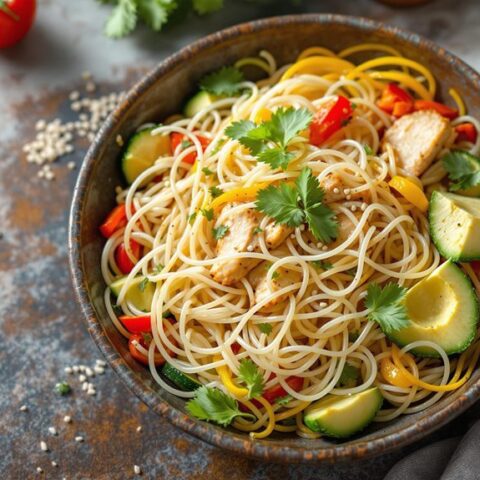
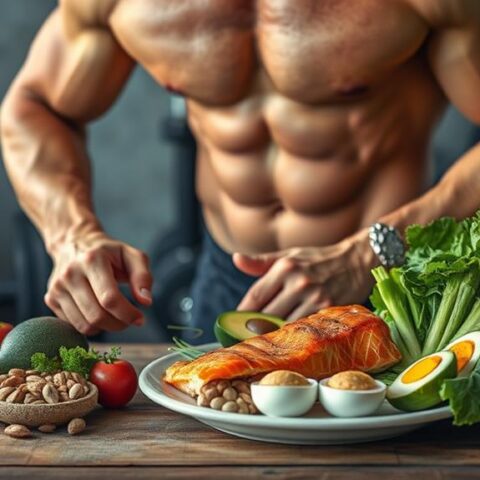
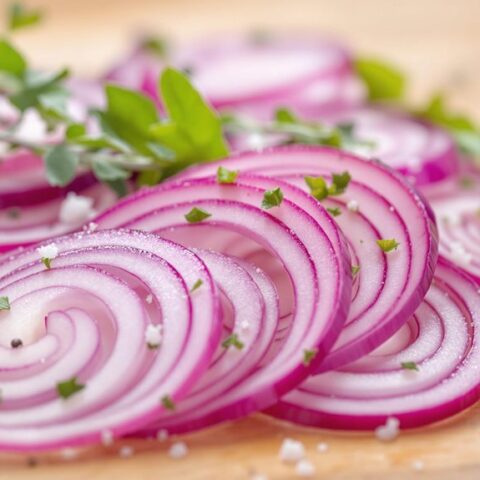
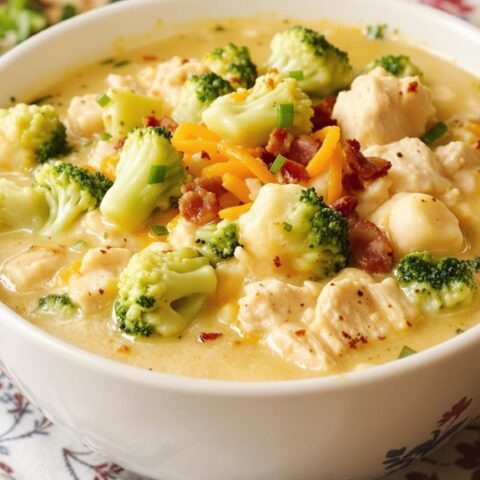





No Comments